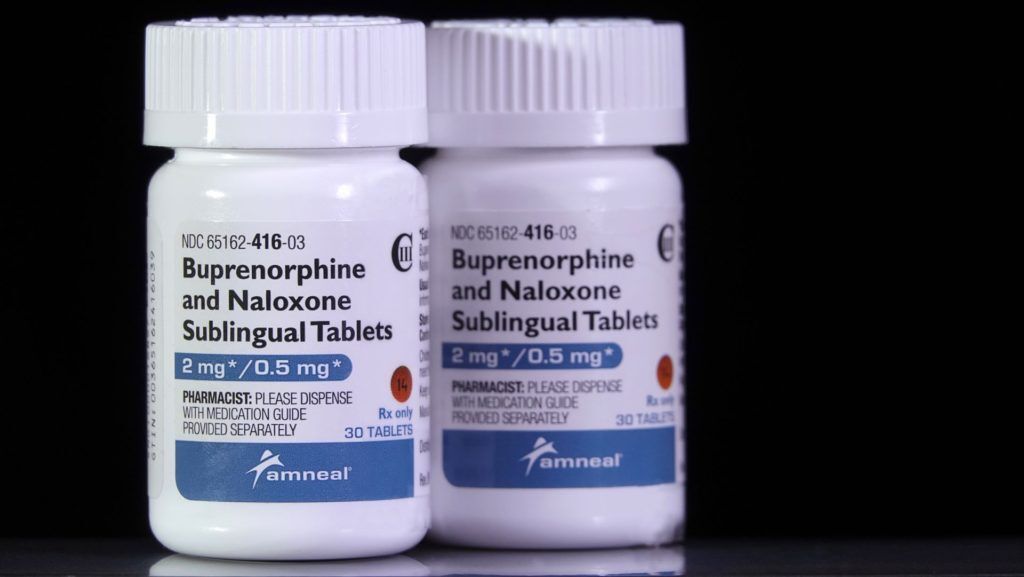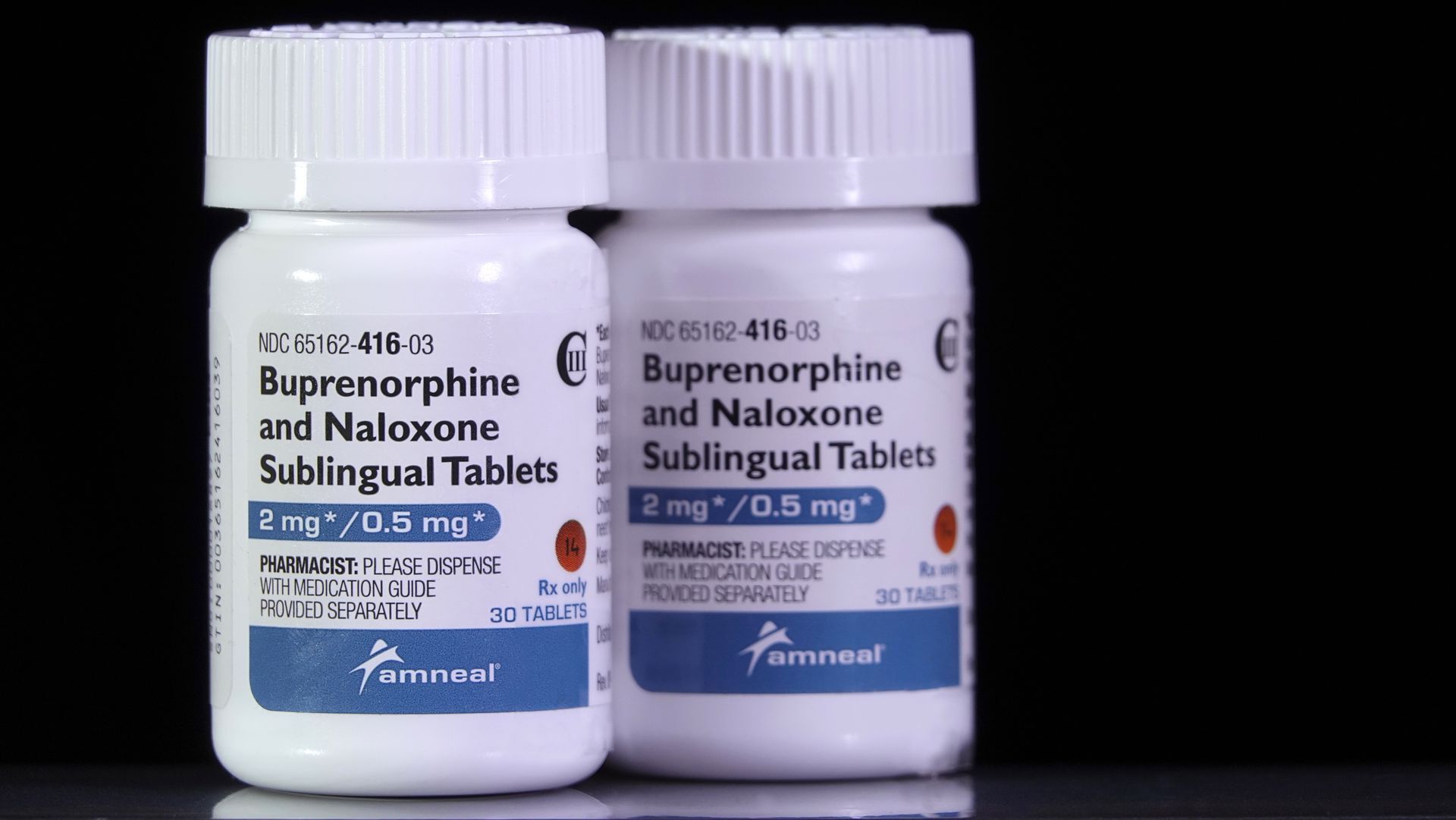Medication-Assisted Treatment Program (MAT): More Than Just Methadone

Many people think that Medication-Assisted Treatment (MAT) simply substitutes one drug or another. However, that is not the case. Taking medication for a substance use disorder or alcoholism is the same taking medication for any other illness.
MAT can be a very important part of the recovery journey for many. Studies have shown that medication-assisted treatment can cut mortality rates in patients by as much as half. By taking medication to reduce cravings and withdrawal symptoms medication-assisted treatment allows a person to focus on establishing a healthy way of life.

What is Medication-Assisted Treatment?
In addition to medication, MAT combines counseling, behavioral therapy, and relapse prevention planning to treat substance use disorders and alcohol use disorder. After assessing individual needs, the medication best suited is prescribed.
There are several medications approved for treatment for opioid dependence or alcohol dependence. These medications help to relieve physical withdrawal symptoms and reduce cravings.
Medication for Opioid Dependency
Physical dependence on opioids causes the user to experience intense cravings and withdrawal symptoms when the drug is no longer in the body. These symptoms cause unpleasant and painful side effects including nausea, body aches, and chills.
There are three medications that are used to treat opioid use disorder. They include methadone, buprenorphine, and naltrexone. These medications have been proven to work in numerous studies for treating opioid use disorder.
Methadone works by tricking the brain into thinking that it’s getting the drug, thereby suppressing withdrawal symptoms. It is administered in a clinical setting up to four times per day, and after a period of time may be taken at home.
Treatment with methadone should be at least 12 months. Taken as prescribed methadone is safe and effective. There are possible side effects including:
- Lightheadedness
- Difficulty breathing
- Rapid heartbeat
- Chest pain
- Rash on the face, lips, tongue, or throat
Experiencing any side effects should be taken seriously and medical help should be sought immediately.
Buprenorphine is similar to methadone in that it suppresses withdrawal symptoms and also reduces cravings. It can be prescribed for at-home use and is taken one or two times per day. The effects of buprenorphine level off at moderate doses, lower the risk for misuse.
Possible side effects include:
- Nausea
- Muscle aches or cramps
- Irritability
- Trouble sleeping
Naltrexone works by binding to and blocking the opioid receptors which in turn blocks the euphoric and sedative effects of opioids in the event of a relapse. It is injected once per month and requires that the patient has completed detox.
Side effects may include:
- Vomiting or upset stomach
- Diarrhea
- Headache
- Nervousness
- Trouble sleeping
Alcohol Use Disorder Medications
Disulfiram is most effective in those who have already completed a detox program. It causes unpleasant side effects if alcohol is consumed including nausea, headache, vomiting, chest pains, difficulty breathing.
These effects can occur as soon as ten minutes after drinking even a small amount of alcohol and can last for an hour or more.
Acamprosate is best for people who have already stopped drinking or are in recovery. It prevents cravings for alcohol but does not block withdrawal symptoms.
After someone has been sober for a few days, medication is started and reaches full effectiveness between 5-8 days. Side effects may include:
- Diarrhea
- Nausea
- Anxiety
- Loss of appetite
- Dizziness or lightheadedness
- Trouble sleeping
Naltrexone blocks the euphoric effects and feelings of being intoxicated, much like it does in opioid users. Naltrexone has been proven to be the most effective when taken long term and combined with other forms of therapy.
If you or someone you love is struggling with substance use disorder or alcoholism, contact Daybreak Treatment Solutions today. Let us answer all of your questions and show you how we can help.
DayBreak is NOT just another drug rehab center – it is a treatment solution founded on the core principles of change. Relapse no longer needs to be a part of your story, call us when you are ready for a life rediscovered…844-447-3239
